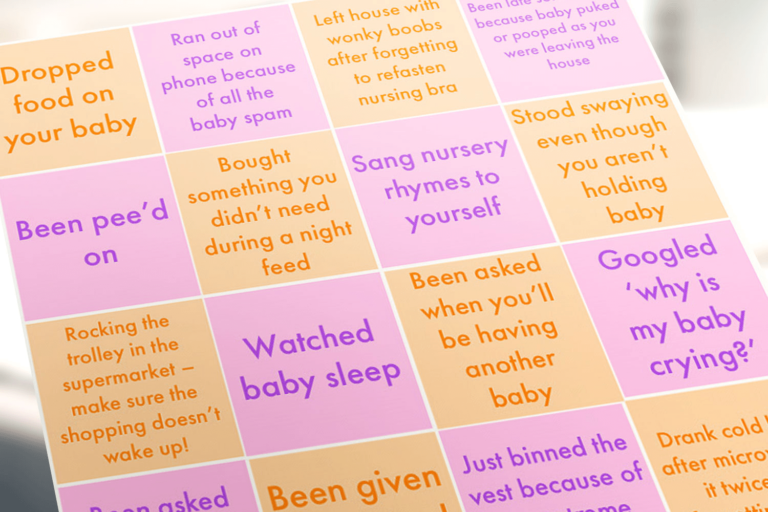Why Is Sleep Harder During Pregnancy?

It’s no secret that pregnancy can wreak havoc on your sleep. There are several reasons why expectant mothers struggle with getting the rest they need. One of the biggest culprits is hormonal changes—specifically, the rise in progesterone levels. While progesterone is essential for maintaining a healthy pregnancy, it also causes feelings of drowsiness during the day and can disrupt nighttime sleep.
Along with hormonal shifts, physical discomfort from a growing belly, back pain, and frequent bathroom trips all contribute to a less-than-ideal sleep experience. And let’s not forget the mental and emotional stress that comes with impending parenthood, which can keep your mind racing as you try to fall asleep.
Common Sleep Struggles by Trimester
Pregnancy sleep challenges can vary depending on which trimester you’re in.
- First Trimester: In the early weeks of pregnancy, fatigue is common due to hormonal surges. However, many women also experience insomnia, leaving them wide awake despite being exhausted.
- Second Trimester: Some relief may come during the second trimester, often referred to as the “honeymoon phase” of pregnancy. However, some women still deal with interrupted sleep.
- Third Trimester: By the time you reach the third trimester, sleep can become even more elusive due to your expanding belly, back pain, and frequent urination.
If you’re looking for tips on how to navigate the first few months of pregnancy, check out this First Trimester Survival Guide for expecting mothers.
Hormonal Impact on Sleep
One of the main reasons sleep becomes a struggle during pregnancy is the shift in hormones. Progesterone, known as the pregnancy hormone, is partly to blame. It relaxes muscles throughout your body, which can lead to snoring or even sleep apnea. While progesterone makes you feel sleepy during the day, it can also disturb your sleep at night by making you more prone to waking up.
Physical Changes That Affect Sleep
As your belly grows, finding a comfortable sleeping position becomes a challenge. Many pregnant women also experience back pain, which can make lying down uncomfortable. Another common issue is leg cramps or restless legs syndrome, which can cause sudden jolts of pain or an overwhelming urge to move your legs while trying to sleep.
And, of course, the need to pee more frequently during pregnancy means more trips to the bathroom throughout the night.
Pregnancy Sleep Positions
Finding a comfortable sleeping position while pregnant is tricky, especially in the later stages. Sleeping on your back is generally discouraged during pregnancy because it can compress blood vessels and reduce circulation to both you and your baby.
The best position is sleeping on your side, ideally your left side, as this improves blood flow to the placenta and kidneys. To stay comfortable, try placing a pillow between your legs or using a pregnancy pillow that supports your body from head to toe.
Managing Heartburn and Indigestion
Heartburn is a common complaint during pregnancy, especially in the third trimester when your baby starts pressing on your stomach. To minimize heartburn and indigestion, avoid spicy, acidic, or fatty foods before bed. Elevating your upper body with pillows can also help prevent stomach acid from flowing back into your esophagus while you sleep.
Learn more about how pregnancy affects appetite and food choices in this article on food aversions.
Solutions for Common Pregnancy Sleep Struggles
There are several ways to improve your sleep during pregnancy, even if the challenges seem insurmountable:
- Pregnancy pillows: These specially designed pillows can help support your belly, back, and legs, making side sleeping more comfortable.
- Relaxation techniques: Try breathing exercises, meditation, or prenatal yoga to help calm your mind before bed.
- Sleep schedule: Establish a regular bedtime and wake-up time, even on weekends, to help regulate your body’s internal clock.
When to Seek Help for Sleep Issues
While sleep problems during pregnancy are common, there are times when they could signal a more serious issue. If you’re experiencing severe snoring, pauses in your breathing, or extreme daytime fatigue, you may want to talk to your doctor about the possibility of sleep apnea.
Additionally, if you’re dealing with persistent insomnia or anxiety that prevents you from sleeping, reach out to your healthcare provider for advice.
Practical Tips for Getting Better Sleep
Developing a consistent bedtime routine can do wonders for your sleep quality during pregnancy. Here are a few tips to help you get more rest:
- Nighttime routine: Establish a calming pre-sleep routine, such as taking a warm bath, reading a book, or practicing deep breathing exercises.
- Exercise: Gentle activities like walking or stretching can help reduce stress and promote better sleep.
- Diet: Eating foods rich in magnesium (like leafy greens) or tryptophan (like turkey) may help promote sleep. Also, try to stay hydrated during the day, but cut back on fluids in the evening to minimize bathroom trips.
FAQs About Pregnancy Sleep Struggles
Is it normal to wake up multiple times a night during pregnancy?
Yes, frequent waking is common, especially due to physical discomfort, bathroom trips, or anxiety. Try using pillows for extra support and practice relaxation techniques before bed.
How can I prevent leg cramps during sleep?
Stay hydrated, stretch your legs before bed, and consider taking magnesium supplements (with your doctor’s approval) to reduce cramps.
What if I can’t sleep on my side?
If you’re uncomfortable on your side, try placing a pillow behind your back for support. This allows you to lean slightly back while still maintaining a side-sleeping position.
Conclusion
Sleep struggles are a normal part of pregnancy, but that doesn’t mean you have to suffer through sleepless nights. By understanding the causes of your sleep disruptions and implementing practical strategies to improve your






